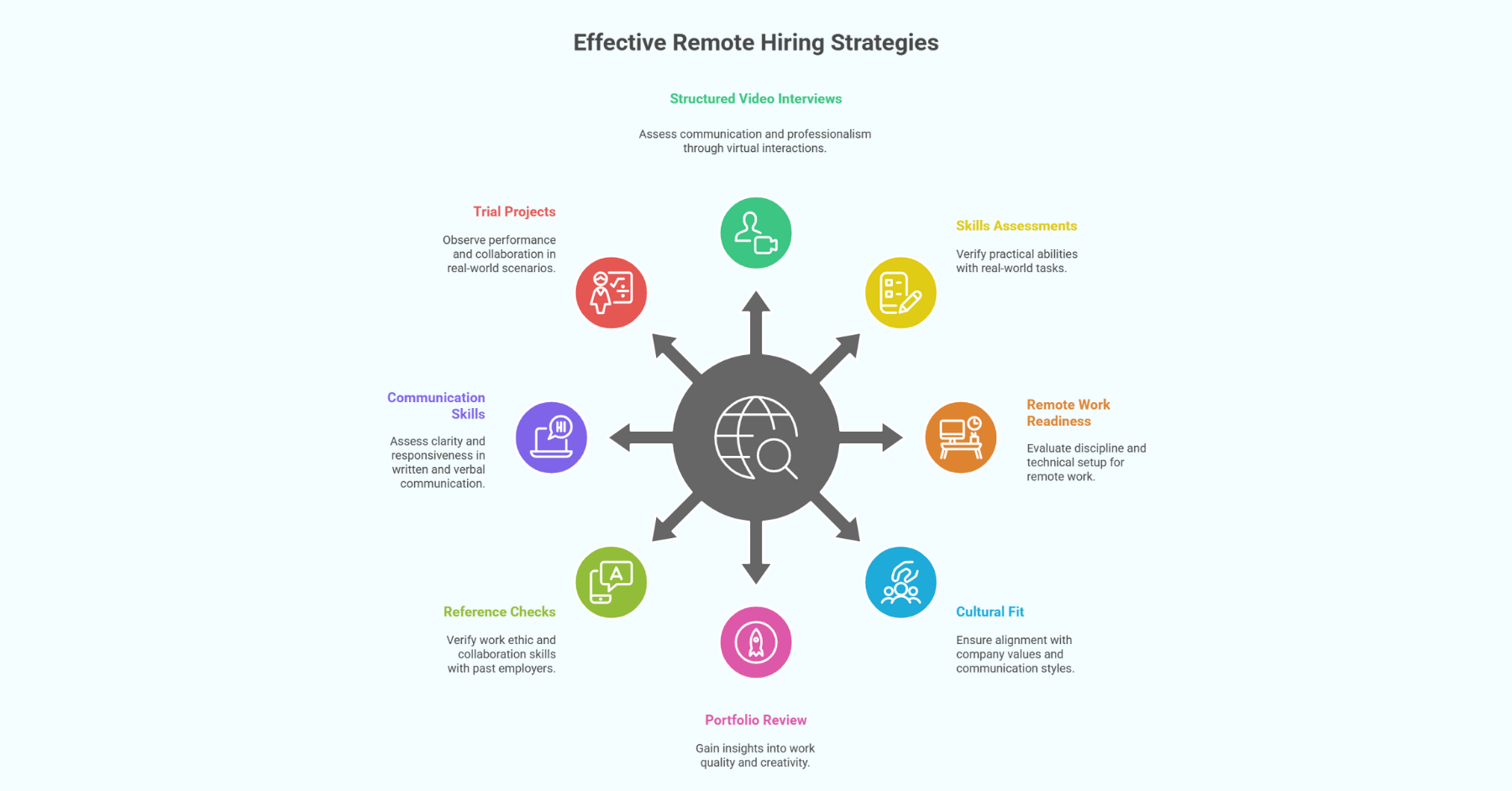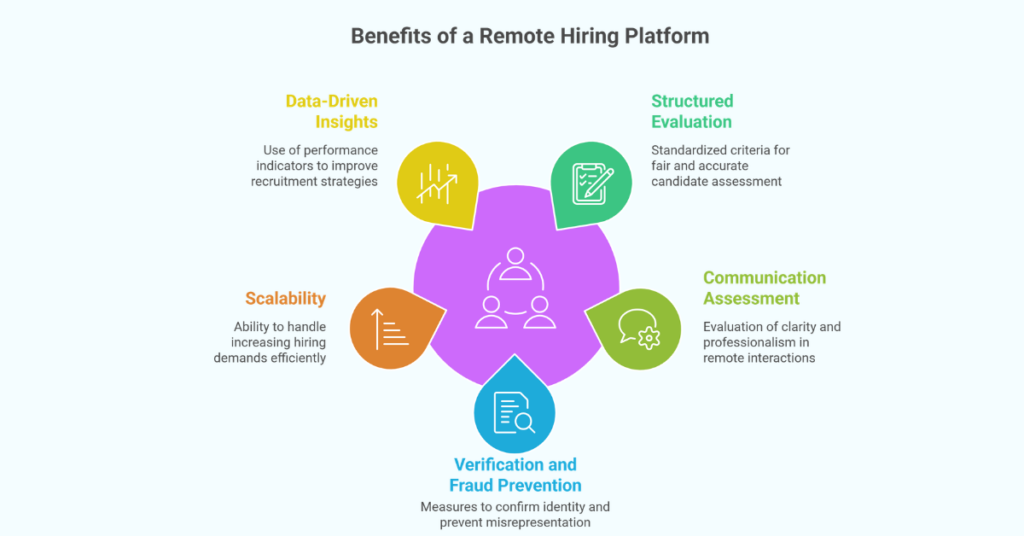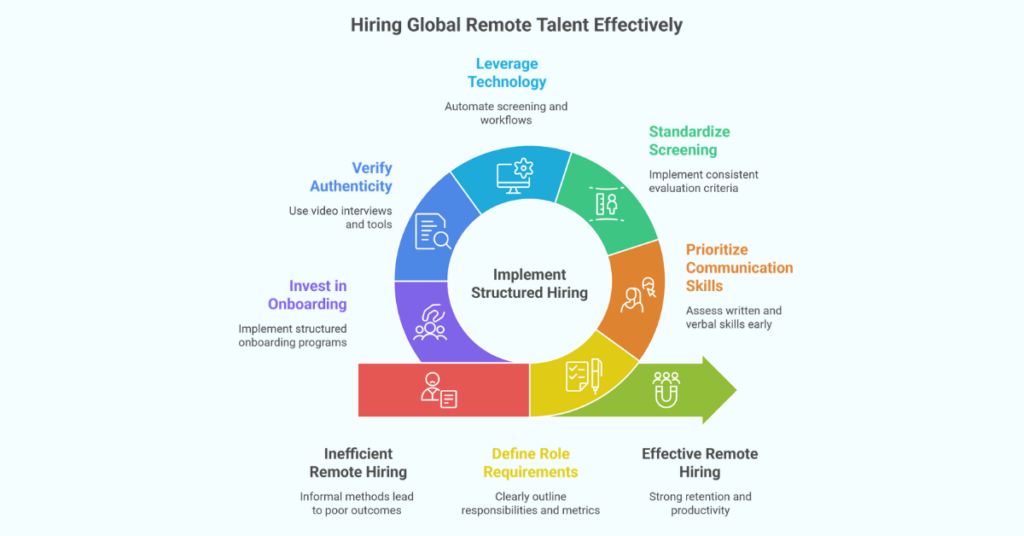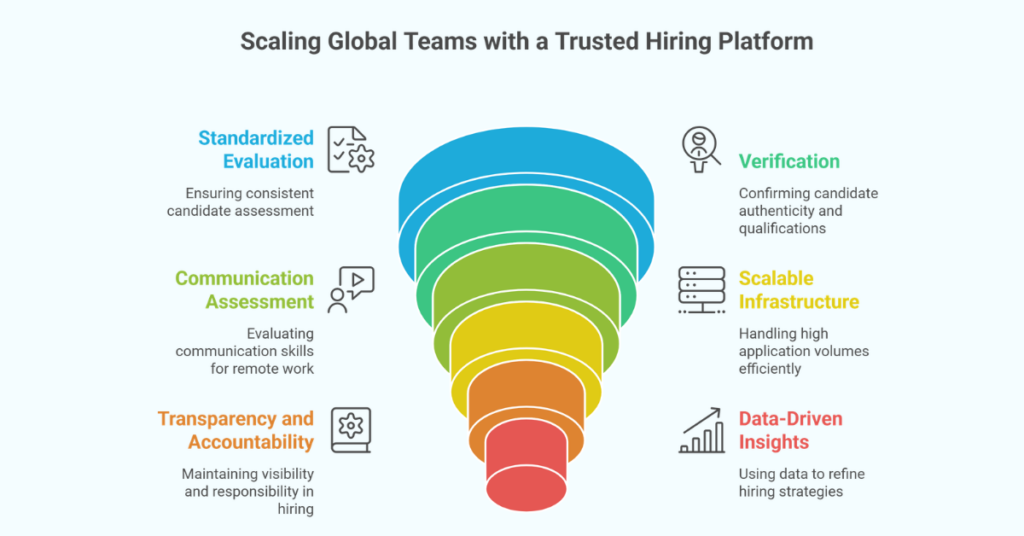Hiring Remotely requires a structured approach to vet candidates effectively, ensuring that skills, reliability, and cultural fit align with the needs of distributed teams.
Hiring remotely has become a standard practice for organizations looking to access talent beyond their local markets. While this opens up opportunities to connect with professionals worldwide, it also creates unique challenges. Unlike in-office hiring, employers cannot rely on face-to-face interactions to gauge personality, work ethic, and communication skills. Without the right vetting strategies, companies risk making bad hires that lead to wasted time, increased costs, and disrupted workflows.
The key to success lies in developing a structured process that allows hiring managers to evaluate both hard and soft skills in remote candidates. Effective vetting ensures that candidates are not only technically qualified but also capable of thriving in a distributed work environment. This means assessing communication abilities, self-motivation, cultural fit, and accountability.
In this article, we explore eight powerful ways to vet remote candidates more effectively. From leveraging video interviews to conducting skill tests and background checks, these methods help employers make informed hiring decisions. For job seekers, understanding these vetting practices provides insight into what employers value most, allowing them to better prepare for remote opportunities.
1) Use Structured Video Interviews
Video interviews provide a valuable opportunity to evaluate candidates beyond their resumes. Employers can assess communication skills, professionalism, and non-verbal cues such as eye contact and tone. Structured interviews with consistent questions ensure fairness and allow direct comparisons between candidates.
For remote hiring, this approach helps gauge how effectively a candidate can engage virtually, which is critical in distributed teams. Candidates benefit as well by being able to showcase their personality and skills in a more dynamic way than traditional applications allow.
2) Conduct Skills Assessments
Testing candidates on real-world tasks ensures that they can perform the role effectively. For example, developers can complete coding challenges, while marketers might be asked to draft a campaign strategy. These assessments provide measurable proof of competence.
Skill-based vetting reduces the risk of hiring candidates who may interview well but lack practical abilities. Employers gain confidence in their hiring decisions, while job seekers can demonstrate expertise that goes beyond their resumes or cover letters.
3) Check Remote Work Readiness
Not all candidates are prepared for the demands of remote work. Employers should evaluate whether applicants have the discipline, time management, and technical setup required to succeed. Asking about home office setups and previous remote experience helps identify readiness.
This step is essential because even highly skilled professionals may struggle without proper self-management skills. Candidates who can prove they are equipped for remote work stand out as reliable hires.
4) Assess Cultural Fit
Hiring remotely means bringing together people from diverse backgrounds and regions. Employers need to evaluate whether candidates align with company values, communication styles, and collaboration expectations. Behavioral interview questions can help uncover these qualities.
A strong cultural fit ensures better team dynamics and higher retention rates. Candidates who connect with a company’s mission and culture are more likely to remain engaged and contribute to long-term success.
5) Review Portfolios and Work Samples
Work samples and portfolios offer direct insight into a candidate’s abilities. Reviewing past projects allows employers to see the quality of work, attention to detail, and creativity. It also helps validate claims made in resumes or interviews.
This method is especially effective in creative, technical, and consulting roles. Candidates who present strong portfolios can differentiate themselves and build credibility with hiring managers.
6) Perform Reference Checks
Speaking with past employers or colleagues provides a clearer picture of a candidate’s work ethic, reliability, and collaboration skills. Reference checks are particularly valuable in remote hiring, where accountability is harder to verify upfront.
Employers can ask specific questions about communication, deadlines, and problem-solving in remote environments. Positive references reassure hiring teams, while candidates with strong endorsements gain a competitive edge.
7) Evaluate Communication Skills
Strong communication is the backbone of remote work. Employers should assess a candidate’s ability to write clearly, respond promptly, and explain ideas concisely. Emails, chat exchanges, and interview responses all offer opportunities for evaluation.
Poor communication can lead to misunderstandings, delays, and decreased productivity in distributed teams. Candidates who demonstrate clear, professional, and proactive communication are far more likely to succeed in remote roles.
8) Use Trial Projects or Probation Periods
Offering short-term projects or probationary contracts allows employers to see candidates in action before making long-term commitments. These trial periods reveal how candidates perform under real conditions and collaborate with existing teams.
This approach reduces the risk of costly hiring mistakes. Candidates also benefit by gaining experience with the company and proving their value in a hands-on setting, which can lead to permanent opportunities.
Remote Recruit Solutions for Employers and Job Seekers
Remote Recruit simplifies the vetting process for hiring remotely by combining advanced tools with a global talent network. Employers gain access to video interview capabilities, skill testing modules, and integrated reference check features, ensuring a thorough evaluation of every candidate. The platform makes it easier to identify top performers who are both qualified and remote-ready.
Job seekers benefit from tools that help them stand out, such as video introductions and portfolio uploads. These features allow candidates to showcase skills and personality traits beyond a traditional resume. By offering transparency and fairness, Remote Recruit ensures job seekers have a level playing field to compete for remote roles.
With Remote Recruit, employers save time and reduce costs while maintaining high hiring standards. Job seekers gain visibility with global employers and access to remote opportunities that match their skills and ambitions.
Conclusion
Hiring remotely can be challenging, but with the right vetting strategies, employers can build strong and reliable teams. Structured video interviews, skill assessments, cultural evaluations, and reference checks ensure candidates are not only technically qualified but also prepared for remote work. These steps reduce the risks of bad hires and lead to better long-term results.
For job seekers, understanding these vetting methods offers valuable insight into what employers are looking for. By preparing for video interviews, showcasing portfolios, and demonstrating strong communication skills, candidates can improve their chances of landing remote roles.
Ultimately, effective vetting is about building trust between employers and employees in a virtual environment. Companies that adopt structured approaches will see faster hiring cycles, higher productivity, and stronger retention. Candidates who embrace these practices will stand out as competitive professionals in the growing remote job market.
Sign up with Remote Recruit today to connect with vetted talent and remote opportunities designed for success.
Frequently Asked Questions
1. What is the best way to vet remote candidates?
The best approach includes structured video interviews, skills assessments, reference checks, and trial projects to evaluate both technical and soft skills.
2. Why is cultural fit important when hiring remotely?
Cultural fit ensures smooth collaboration, strong team dynamics, and long-term employee engagement across distributed teams.
3. How can employers check if candidates are ready for remote work?
Employers can ask about prior remote experience, home office setups, and time management practices to gauge readiness.
4. Do trial projects really help in remote hiring?
Yes, trial projects provide real-world insights into performance, reliability, and communication before committing to a long-term hire.
5. How does Remote Recruit support the vetting process?
Remote Recruit offers video interview tools, skills testing, portfolio uploads, and reference check integrations to help employers hire smarter and job seekers showcase their abilities.
